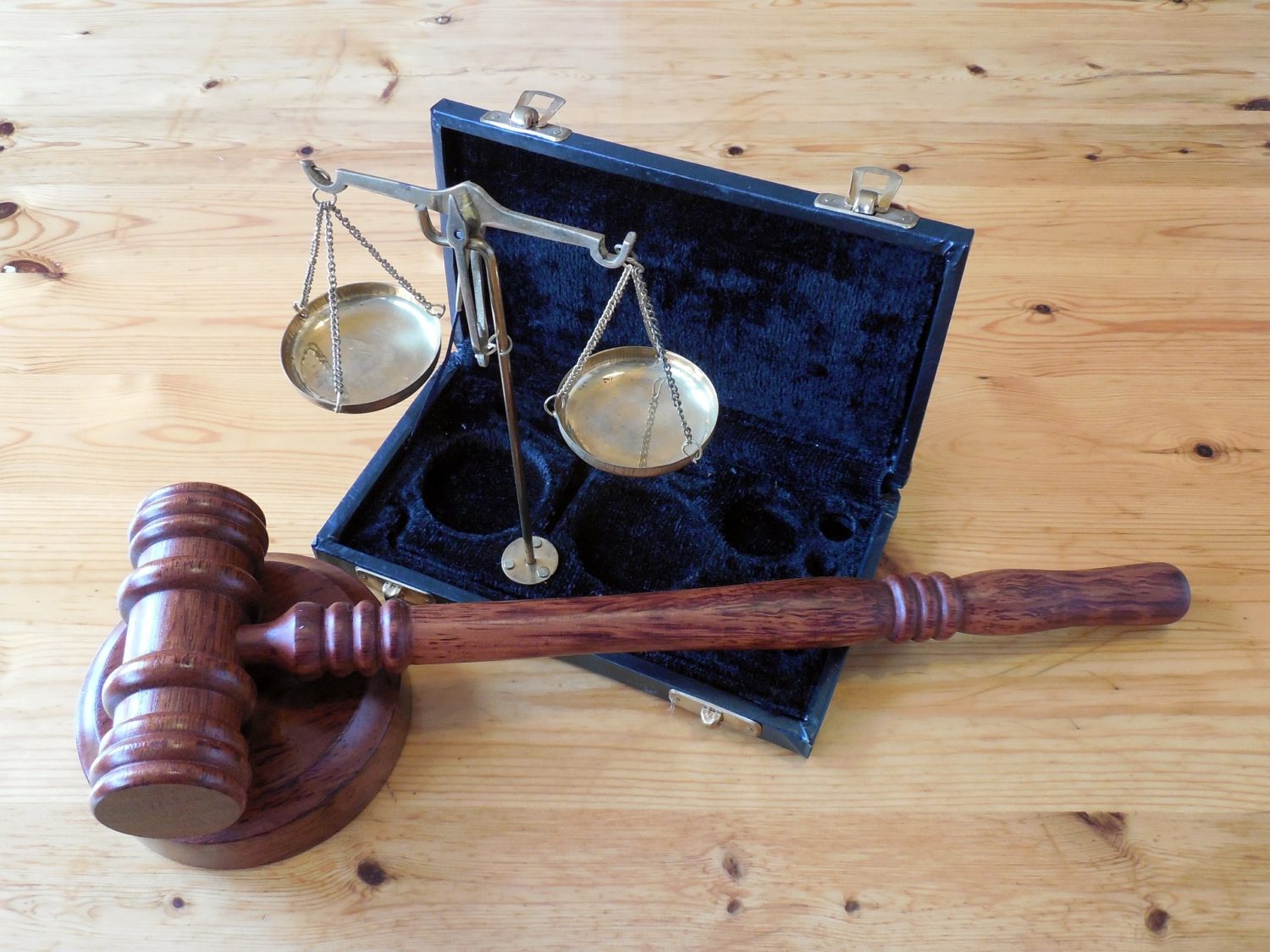
There are ever-changing modifications being made to the rules in Maryland pertaining to remote notarization. On April 10, 2020, Governor Hogan enacted an emergency order on Remote Witnessing to allow wills, powers of attorney, and advance directives to be witnessed remotely, i.e. by video conference. Currently, the law requires witnesses to be physically present when these documents are signed. The Executive Order https://governor.maryland.gov/wp-content/uploads/2020/04/Remote-Witnessing-4.10.20.pdf is an emergency measure that suspends certain statutory in-person witnessing requirements for the duration of the COVID-19 State of Emergency.
This issue is particularly important for our clients, who are starting or are in the midst of their estate planning. This information is important as you move forward in your estate planning process and will need to get your respective documents notarized. It is important to note that Zoom is not considered an appropriate way to have your documents remotely notarized.
Below please find a summary and relevant links for the most recent updates from April 10, 2020 from Richard A. Montgomery III, Director of Legislative & Governmental Relations for the Maryland State Bar Association. We will try our best to keep you apprised of changes as they arise.
FAQs-UPDATED-April-10-2020.pdf on interpreting Governor Hogan’s March 30, 2020 Executive Order authorizing Remote Notarization. The clarification became necessary, in part, to respond to queries as to whether platforms of certain technology vendors met the SoS requirements for use by Maryland notaries. The most prevalent question was whether the video communications platform Zoom was acceptable for use by notaries. On Zoom, the answer is no. In the Guidance the SoS states: “Currently, Zoom cannot be used because of security concerns. If a notary uses a communication technology platform primarily designed for video-conferencing, the vendor must be a United States company that has been lawfully operating in the United States for at least three years.”
Further, there had been confusion among legal practitioners, title companies, and notaries, as to the specific technology and procedural requirements of notaries under the Executive Order and (original) Interpretive Guidance. On this issue, the SoS updated guidance states:
“The platform must permit the notary to meet all of the requirements in the Governor’s Order, including but not limited to the following:
a. The notary must ensure the audio-visual communication used to witness the signing of the document is recorded and retained;
b. After signing the document, the signer must immediately transmit the signed document to the notary;
c. Upon receiving the document, the notary must immediately complete the notarization, indicating on the certificate of the notarial act and in a journal that the individual was not in the physical presence of the notary public and the notarial act was performed using a communication technology; and
- Upon completing the notarization, the notary must immediately transmit the notarized document back to the signer.”
For further reference:
